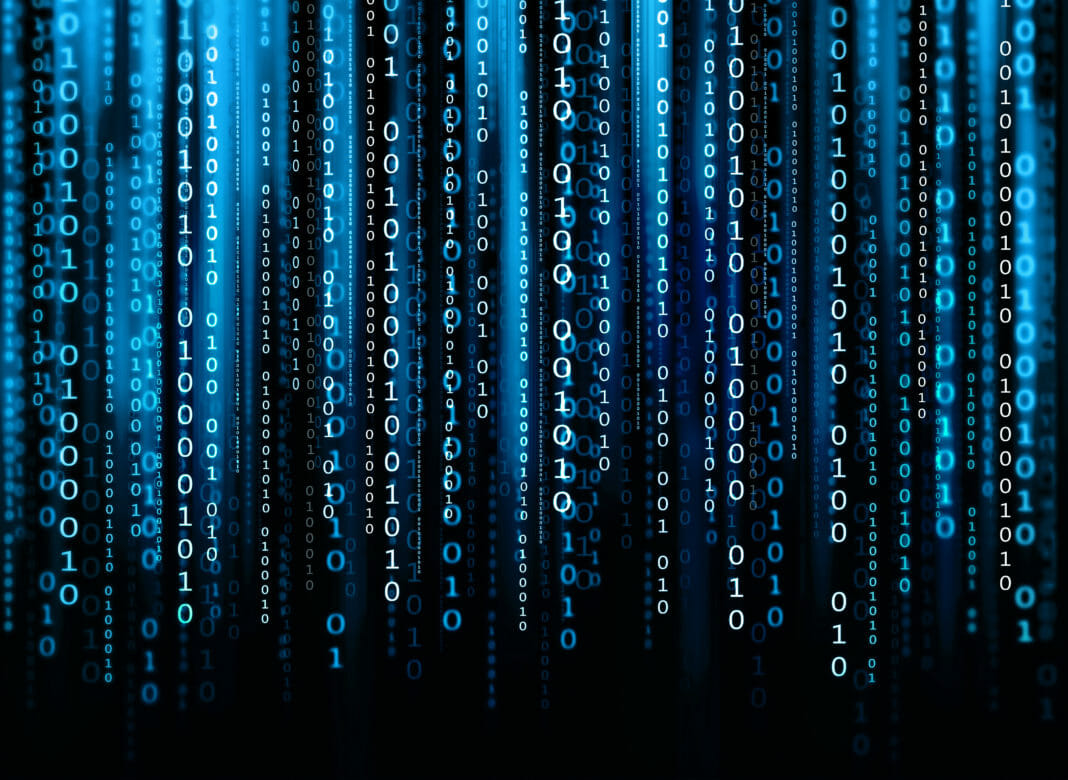The Department of Digital Policies and Public Administration of the Government of the Generalitat of Catalonia launched a Blockchain Observatory to promote and evaluate the use and development of this technology in that part of northwestern Spain.
One of the most relevant operations that we can highlight among the initial actions of this company is the mapping of the agents that make up the ecosystem of blockchain technologies in Catalonia. The activity started since the end of last July, has made it possible to identify three cases of use of this technology that qualify as successful.
The projects are closely related to the control of the operating costs of the airlines through the AirSensus platform, the management of digital assets in videogames, of the company Freeverse, and Vocdoni’s decentralized digital voting governance models.
In the case of the AirSensus platform, blockchain is applied, together with the Internet of Things (IoT), Big Data, and Machine Learning. In this way, they use smart contracts based on Hyperledger Fabric to program the interaction between airlines and their suppliers.
As explained in a document on the project, this interaction involves considerable efforts in the preparation and execution of contracts, monitoring of service compliance, conciliation, billing, and settlement of services. All this activity has been improved with blockchain, creating automation in the reception of data and reducing the workflow considerably. They have achieved a notable reduction in costs in this industry with this process.
On the other hand, Freeverse’s video game management presents a new model that allows users to monetize their game time. Unlike other video games where you pay to unlock game elements, on this platform, the players are the owners of the assets and can use the tokens to transfer or sell them to other players.
The team developed a technology layer that puts the complexity of the blockchain where video games operate in the background using XDai Stable Chain, an Ethereum-compatible secondary chain. As for Vocdoni, some people say that this company uses blockchain to facilitate organizations and institutions to reinvent their governance systems and implement verifiable and decentralized digital voting processes.
The infrastructure, which integrates Ethereum-based tools and the allowed blockchain Vochain, opens the chance for the system to be resistant to censorship and attacks. It has the purpose to be scalable and easy to use from mobile devices and guarantees a complete set of privacy for its users. The voting system can now be used by any group that wants to use the news, simple voting, and database management tool, the project document exposes.
The support of various organizations made possible creating the Observatory
The goal of the Blockchain Observatory is to identify, catalog, and analyze trends in the development of this technology on a national and international scale, also “generating a space to share conclusions, analysis, and learning from good practices.”
Thanks to the support of various organizations in Spain and Europe, the creation of the new space as possible. Some of them are the National University of Distance Education (UNED); and Tecnalia, the first private center for applied research and technological development in Spain and one of the most important in Europe.
Some companies closely related to communication also promoted this observatory. Some of them are the European Press Freedom Center, chaired by journalist Henrik Kaufholz, the EFE Agency, Radio Televisión Española (RTVE), and the OléChain platform. Singular DTV, a blockchain for filmmakers, musicians, and artists that are part of the Ethereum Foundation are also present.
By: Jenson Nuñez.











